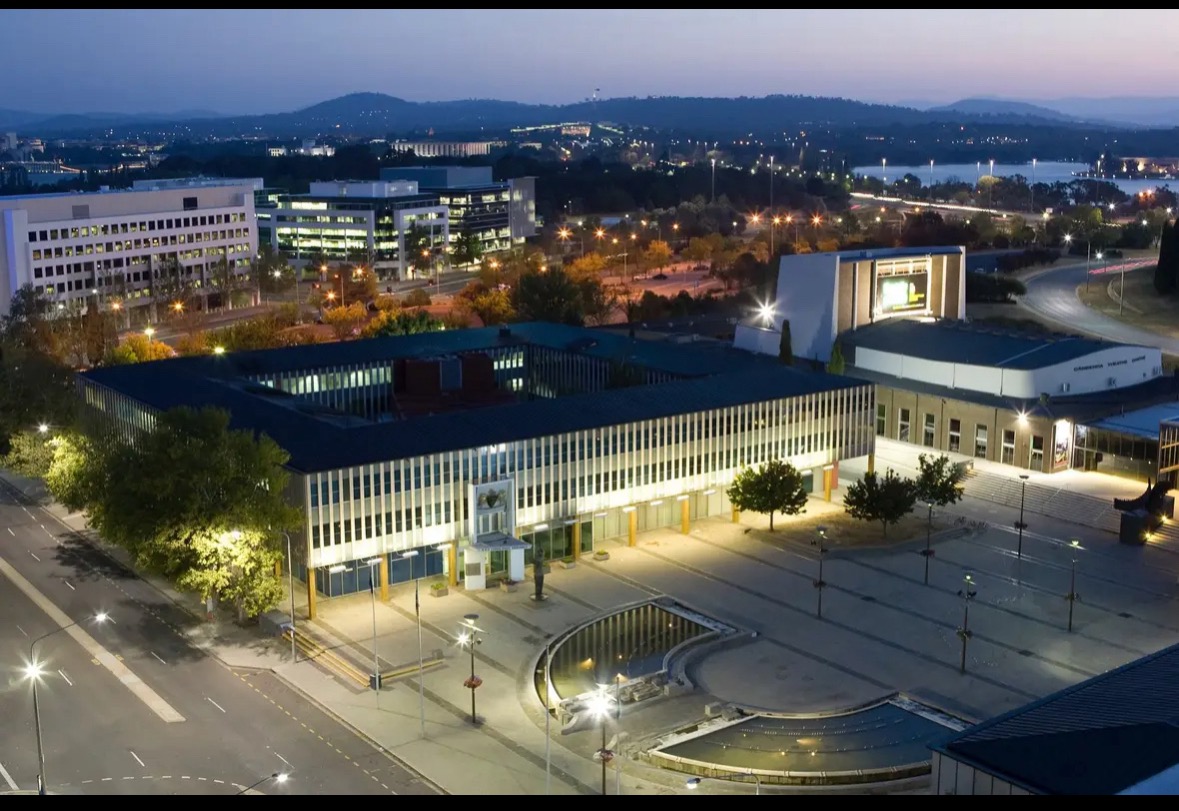In light of the recent ACT elections, it has become increasingly evident that our political landscape is plagued by a disconcerting reality: mediocrity reigns supreme. As we reflect on the outcomes and the individuals who have ascended to positions of power, one cannot help but feel a sense of unease regarding the quality of leadership that the Assembly attracts. The absence of formidable challengers to the status quo is alarming, revealing a troubling trend where individuals embodying a subpar standard of leadership are given the reins of governance.
The ACT, which was once seen as a beacon of progressive thought and innovative policy-making, now seems to be caught in a quagmire of complacency. The more capable and visionary individuals, those who could potentially drive significant change and inspire the community, often opt to remain within the confines of the public service rather than enter the political arena. This exodus leaves a vacuum where ambition and creativity should flourish, resulting in a political environment that is stagnant at best.
As we examine the implications of this trend, one must ponder whether it is time to reconsider the ACT’s status as an independent jurisdiction. The notion of returning to the Commonwealth or even the prospect of dividing the territory to allow certain areas to rejoin New South Wales warrants serious contemplation. Such a move could potentially invigorate our political landscape, reintroducing a competitive spirit that seems to have been lost in the current framework.
The ACT deserves a vibrant political environment—one that not only fosters excellence but also encourages diverse viewpoints and innovative solutions to the challenges we face. We must ask ourselves: how can we cultivate a political atmosphere that attracts ambitious leaders and empowers them to effect meaningful change? The current trajectory suggests that without significant reform, we risk perpetuating a cycle of mediocrity that could hinder our growth and development as a community.
The recent ACT elections serve as a clarion call for introspection and action. It is imperative that we engage in a thoughtful dialogue about our political future and consider all avenues that may lead to a more dynamic and effective governance structure. Let us advocate for a system that prioritizes excellence over complacency, one that truly reflects the aspirations of our community. The time for change is now, and it is up to us to demand a political landscape that inspires hope and innovation for generations to come.

